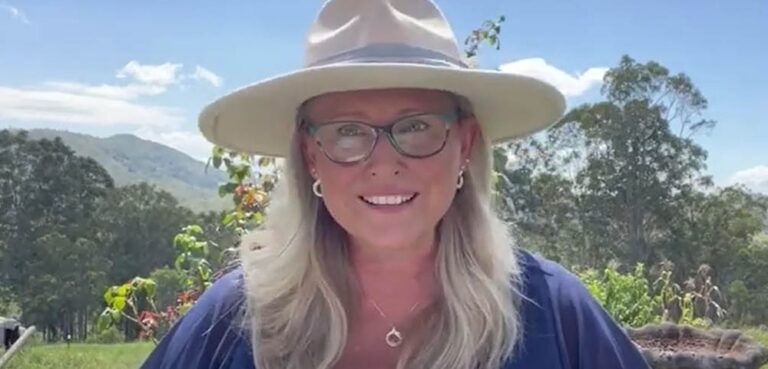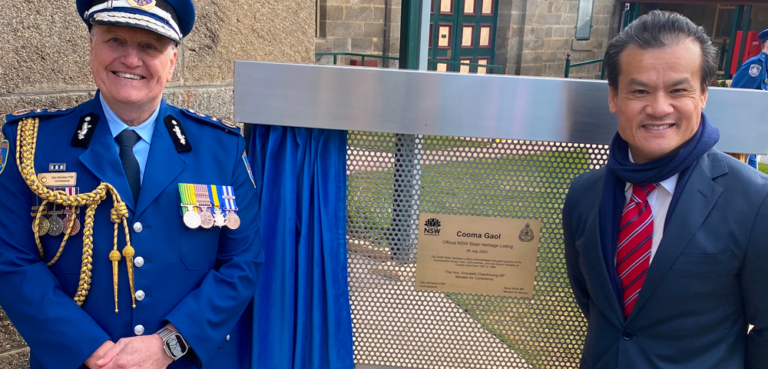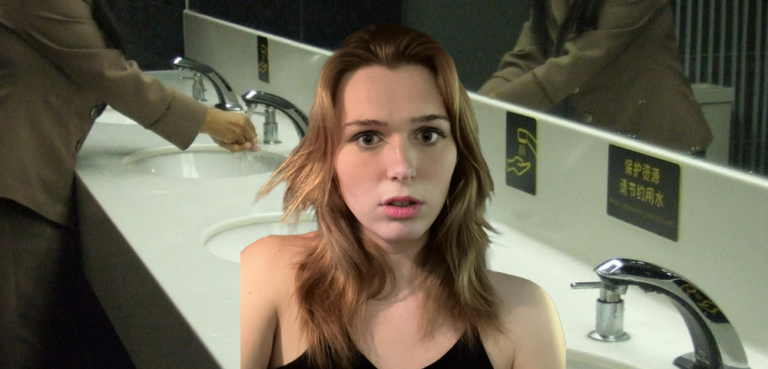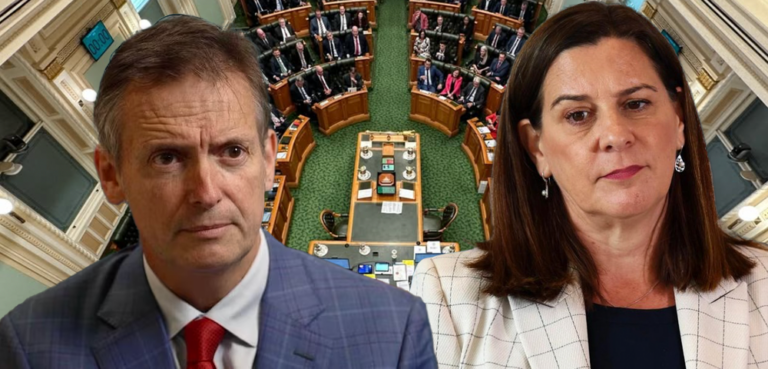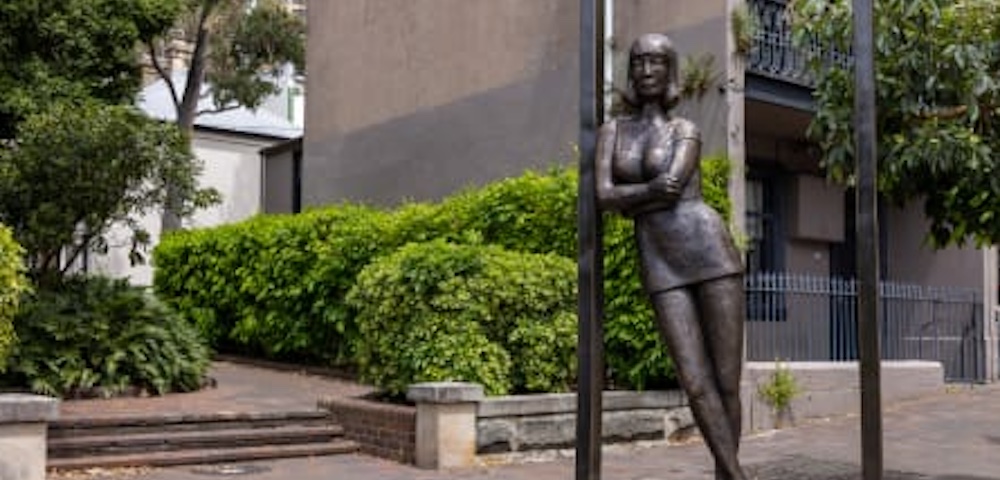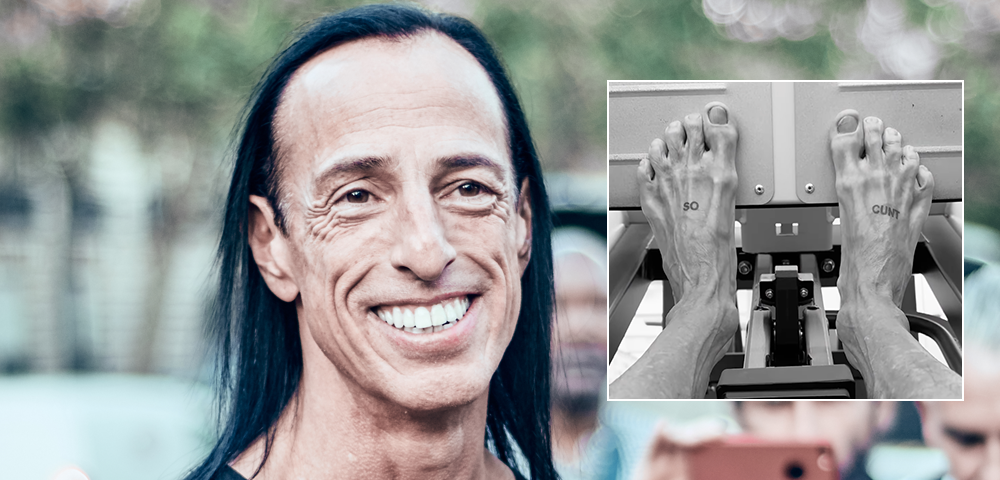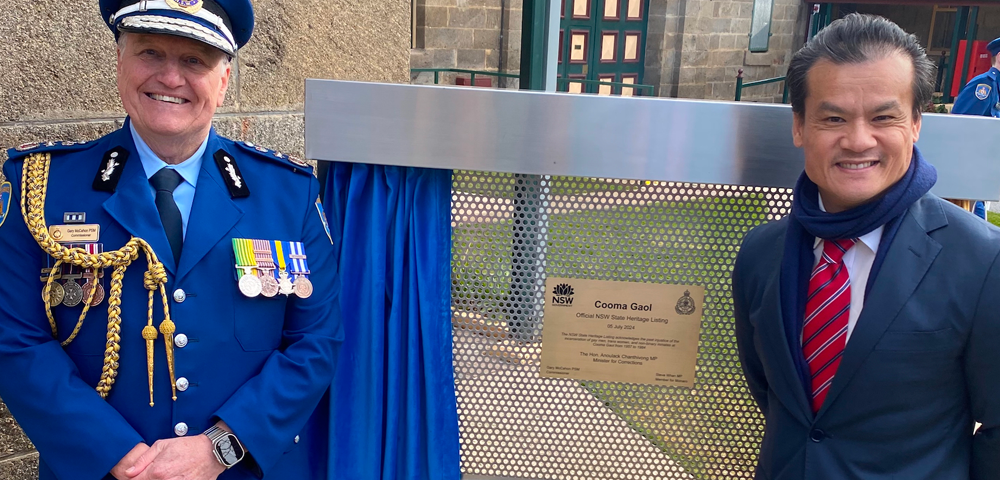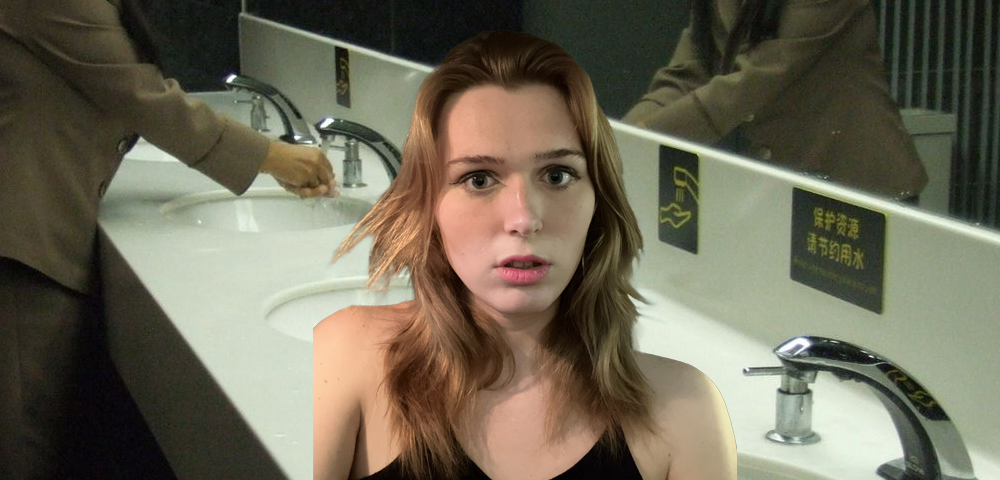
When sex is just another day at work

TODAY is International Sex Workers’ Day (or International Whores’ Day, if you prefer, as long as you’re one of us). The sex industry encompasses more than what you might think of when you hear ‘sex work’—think strippers, webcam performers, porn stars, erotic massage and BDSM too.
It’s a day to celebrate being a sex worker, think about your attitude towards sex work, or fight for change in the way workers are treated.
Sex work is part of the LGBTI community. About one in five queer guys have done it, and I couldn’t tell you how many queer women and trans folks I’ve met through the industry.
I’ve had a lot of jobs, but by far my favourite has been sex work. I don’t get to do it full-time anymore, but I miss it and I’d never change having made a career of it for a while. I even finally came out to my mum about it earlier this year.
It’s an appealing job in many ways. Whether you’re working in a parlour, for yourself, or online, the hours are flexible. The money is often good. And it’s a great way to meet people and collect stories.
I’ve had some fantastic adventures as a sex worker. I instructed 18-year-olds in how to talk about sex and how to fuck. I taught an elderly couple how to spice up their bedroom with handcuffs and floggers. I’ve (consensually) choked a guy out. I’ve had threesomes and foursomes, visited sex clubs, and spent a long night in a penthouse suite with a celebrity licking cocaine from my armpits.
Some of my favourite times, though, were when I was running my own business, keeping normal hours and living a nice predictable life. I’d wake each day, see a few clients, and close up shop about five. I had evenings and weekends off, and I didn’t answer to anyone.
It’s a job not quite like any other but it is, ultimately, just another job.
Unlike any other job, though, sex work is subject to weird laws that vary throughout Australia. There are no legal brothels in the Northern Territory, for instance, and no agencies in Queensland. In Victoria, you can’t have a client come to your house or hotel.
New South Wales has full decriminalisation of sex work, meaning it’s not just legal, it’s treated like a normal business, without special regulations.
In South Australia, the only state that currently totally outlaws prostitution, it could soon be decriminalised after a recommendation that the government follow the lead of New South Wales.
Many sex workers are vocal in their support for full decriminalisation, which allows us to operate like any other business and is associated with safer workplaces. Under decriminalisation we can, for instance, work on the same premises as another worker for safety. If our clients turn violent, decriminalisation means we can call the police without fear of arrest ourselves.
If you want to help the sex worker community, you might consider writing to your local MP about decriminalisation—especially if you’re in South Australia.
You can do plenty more to help sex workers. We need income to live and we don’t get things like paid leave, so if you’re curious, make a booking and help with your wallet. Be respectful and remember we’re just regular people with cool jobs.
Happy International Sex Workers’ Day.
If you’re a sex worker who needs support, contact your state’s sex worker organisation to speak to a fellow worker.
